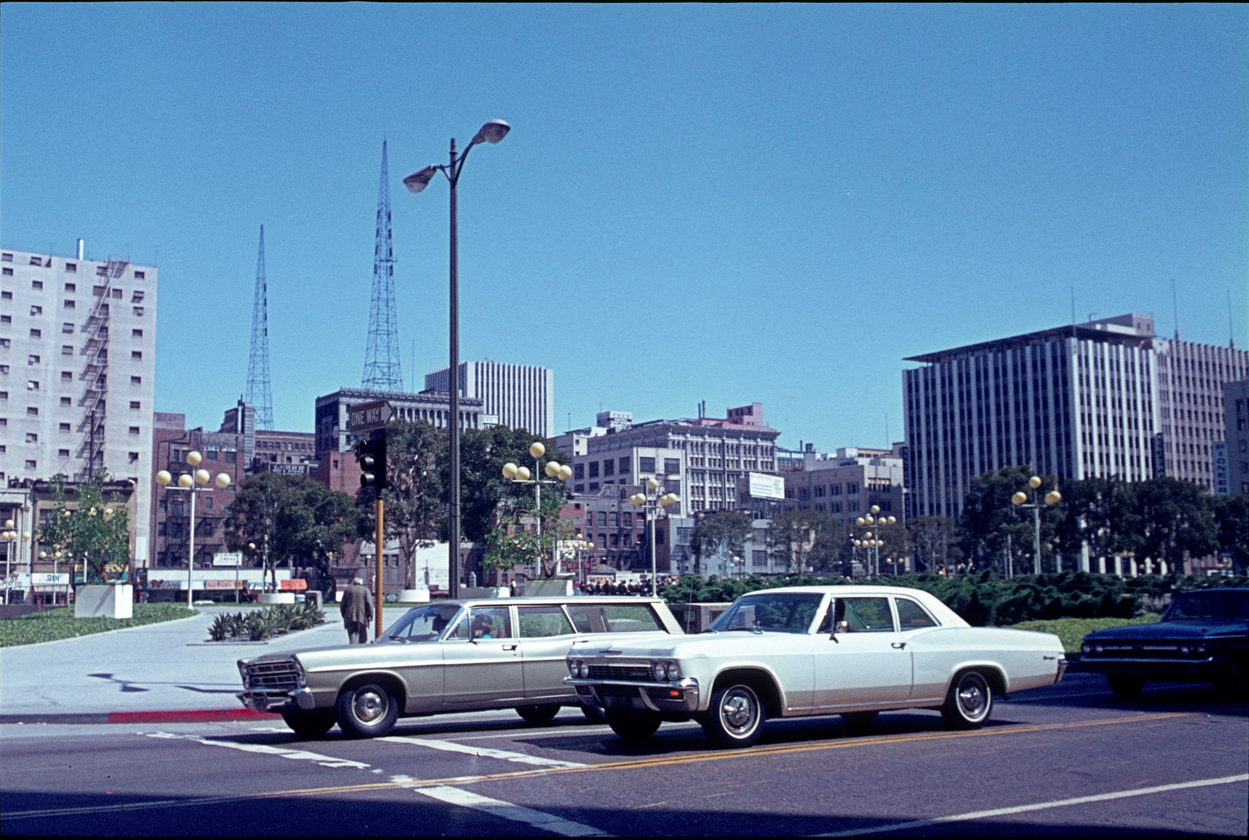In response to the consumer outcry against widespread commercial fraud, the United States passed a series of consumer protection laws in the late 1960s and early 1970s. Instead of the motto “Caveat emptor,” which is better known as “Let the buyer beware,” Congress changed course by granting American consumers a large number of protections. In 1975, one such protection called the Magnuson-Moss Warranty Act addresses the defective products that manufacturers sell to consumers.
Although every state has enacted some form of lemon law, many of the laws include conditions and restrictions that water down the legal language. Referred to as the federal lemon law, the Magnuson-Moss Warranty Act offers American consumers lemon law protections at the federal level that consumers cannot get at the state level.
Overview of the Magnuson-Moss Warranty Act
The Magnuson-Moss Warranty Act covers consumers that buy products that cost at least $25 and come with a written warranty. Federal lemon law protects consumers against buying a wide range of defective products, including electronics, furniture, and appliances. Most consumers associate the term “lemon” with a motor vehicle, although the term has the same relevance for motorcycles and recreational vehicles. The key legal principle written into the Magnuson-Moss Warrant Act refers to the frequency that a consumer good has to undergo repairs. One repair job does not qualify a product to receive a lemon designation.
According to federal lemon law, a product must undergo at least three repairs for a consumer to be eligible for legal protection. The Magnuson-Moss Warranty Act includes a reasonableness clause that states multiple defects on the same vehicle qualify a consumer for legal protection. This clause makes it easier for consumers to get legal protection because it does not require multiple repairs on the same problem as mandated by most state laws.
Differences Between Magnuson-Moss Warranty Act and State Laws
Federal lemon law offers consumers legal protection if they do not qualify for a refund, replacement vehicle, or a settlement under a state lemon law. Magnuson-Moss Warranty Act differs from most state laws in several ways:

Definition of a Lemon
Although the number of repairs represents the trigger for a lemon law claim at both the state and federal levels, the federal lemon law gives consumers more flexibility when filing a claim. The Magnuson-Moss Warranty Act defines the number of repairs completed regardless of where on the product the manufacturer made the repair. State law states the number of repairs that trigger a lemon law claim must be because of the same issue. For example, if you took your car into the shop three different times for three different covered issues, then you leverage the federal lemon law to file a claim.
Types of Vehicles
Lemon laws enacted in most states limit the type of vehicle covered by lemon law to cars, SUVs, and light trucks. The Magnuson-Moss Warranty Act covers a larger variety of vehicles that include ATVs, motorcycles, and recreational vehicles. Virtually every type of vehicle receives legal protection under the federal lemon law.
Leased Vehicles
Some state laws do not provide legal protections for consumers that lease vehicles. The Magnuson-Moss Warranty Act applies to both leased and purchased vehicles. Since most leased vehicle contracts require a down payment, the amount of money lost because of the purchase of a lemon leased vehicle can be substantial.
Damages
The Magnuson-Moss Warranty Act defines monetary damages for buying a lemon car differently than what states define as monetary damages. States define monetary damages as the purchase price of a vehicle. Federal lemon law defines monetary damages as the difference between what a consumer paid for a vehicle and what the consumer would have paid knowing what the consumer now knows about the lemon car.
Arbitration
Under federal lemon law, consumers do not have to accept arbitration unless the arbitration requirement appears in the written warranty. Because arbitration clauses are rarely written into a warranty, most consumers can avoid arbitration and instead, file a federal lemon law claim.
Get Legal Help to File Your Lemon Law Claim
Some consumers do not seek legal advice from a consumer protection lawyer because of the costs of legal counsel. However, most California consumer protection attorneys operate on a contingency basis, which means clients do not have to pay any upfront costs to receive legal help.
Because of the many legal difference between state and federal lemon laws, you should consult with an experienced consumer lawyer who can ensure you recover the maximum amount of money possible from purchasing a lemon.





